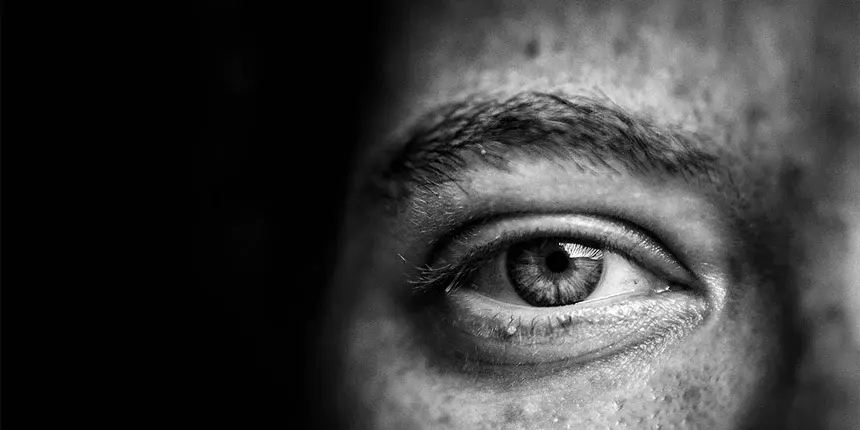
Is My Teen’s Anxiety A Concern?
Would you rather listen? Click the arrow above. Ready to read? Scroll on.
This is a common question that I get often. Parents are rightfully and curiously wondering if their teen’s anxiety will lead to something drastic and detrimental. Recently, social psychologist Jon Haidt went on Good Morning America to talk about his new book The Anxious Generation where he discusses the link to anxiety and smartphones, social media and entertainment. The data is staggering, and since many teenagers are likely to experience anxiety at some time, it is important to know what to look for.
Each Teen Is Different
It’s important to know that anxiety in each child might be different. I express anxiety differently compared to my siblings, and even to my own parents; your teenager is no different. Knowing your child and their personality, is a good lens to look through first. Do you have the quiet-introverted one, the social butterfly, the smart and shy, smart and social, academic and athletic, athletic and quirky? Even with a myriad of personality tests it is safe to say that not every child is going to experience anxiety and even show their anxiety the same way. Some teenagers feel their anxiety through task orientation, they are achievers at heart and so when they are unable to meet their mark they will feel anxious. Some teenagers engage heavily in social circles, and when something is wrong with their friend or friend group they could feel incredibly anxious. Big picture here is: What is important to your child? This answer will give you a key to what could be causing them to feel anxious.
How Do They Respond?
Just like kids feel anxiety differently, they will respond to anxiety differently. There are obvious healthy habits and unhealthy habits and it can be hard to even know what habits they have. It might be easy for you to tell the stress and anxiety your teenager exhibits.
Sometimes it typically can look like:
- Irritability
- Withdrawing
- Angry Outbursts
- People Pleasing
- Sometimes it can look like much harder things to come to terms with:
- Self harm
- Substance Abuse
- Suicidal thoughts or ideations
- Difficulty getting out bed/going to school
- Socialization withdrawal
Parent intuition is real, and only you really know deep down if you think your child’s behaviors need to be evaluated, to seek help and help them cope and heal.
But what if you don’t know?
Teenagers enjoy individualization, hence the secrets, the distancing, the “Mom/Dad, I don’t want to talk about it.” When you ask how their day went you get a “Good.” How was school? “Fine.” Do you want to talk about anything? “No.” This can be infuriating for a parent because you don’t know what you don’t know and the monosyllabic answers aren’t helping.
If you are finding it hard to connect with your teenager and find out if they are anxious, it might be helpful to have a conversation with your teenager on what therapy is and how it can help. Before you do have that talk, I offer free phone consultations, which are a great way to get a professional perspective!
Remember if your teen is struggling with anxiety, you don’t have to figure it out alone. I see teens, young adults and families who are struggling with anxiety and other issues at Lifeologie Counseling Allen. Reach out and request an appointment with me in person or via telehealth, or call our office at (214) 556-0996 to schedule a free initial consultation to see if therapy might be right for you or your child.

About Brittany Ertz
Brittany Ertz, LPC specializes in working with individual teens, young adults, adults, couples, and families who are struggling with trauma. She also specializes in treating self-harm, anxiety, depression, and life transitions at Lifeologie Counseling Allen.
Meet Me



